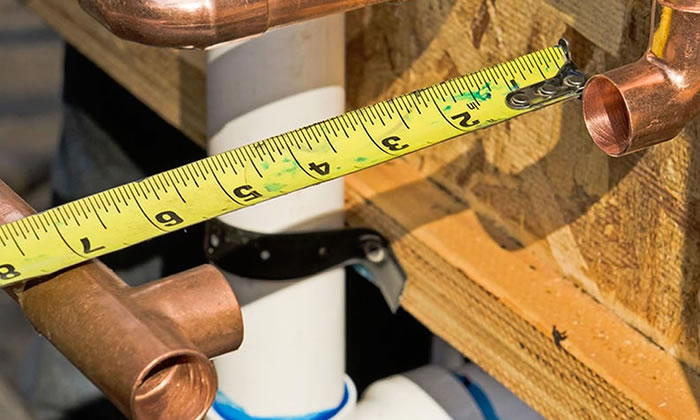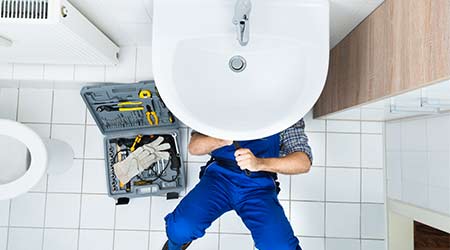Comprehensive Plumbing Care: Holistic Solutions for Your Home

Holistic Plumbing Solutions: Embracing Comprehensive Plumbing Care
Maintaining a well-functioning plumbing system is crucial for the overall health and comfort of your home. Comprehensive plumbing care goes beyond merely fixing leaks or unclogging drains; it involves a holistic approach that addresses every aspect of your plumbing infrastructure.
Preventive Maintenance: The Foundation of Comprehensive Care
Prevention is better than cure, and this holds true for plumbing systems. Comprehensive plumbing care begins with preventive maintenance. Regular inspections, pipe checks, and identifying potential issues before they escalate can save homeowners from major headaches down the line. It’s the foundation of a healthy plumbing system.
Efficient Leak Detection and Repair
Leaks, if left unattended, can lead to water damage and mold growth. A comprehensive plumbing care plan includes efficient leak detection and timely repairs. Modern technologies, such as leak detection devices and infrared cameras, aid in identifying hidden leaks, ensuring that no potential threat goes unnoticed.
Clog Prevention and Drain Maintenance
Clogged drains are a common plumbing issue that can disrupt daily activities. Comprehensive plumbing care involves preventive measures to avoid clogs, such as regular drain cleaning. This ensures smooth water flow and prevents the accumulation of debris that can lead to blockages over time.
Water Heater Maintenance for Longevity
Water heaters play a vital role in providing comfort within homes. A comprehensive plumbing care routine includes regular maintenance for water heaters. Flushing the tank, checking the thermostat, and inspecting for any signs of corrosion contribute to the longevity and efficiency of the water heating system.
Whole-House Plumbing Inspection
Rather than focusing on isolated issues, a comprehensive approach involves a whole-house plumbing inspection. This includes assessing the condition of pipes, fixtures, and appliances throughout the entire home. Identifying and addressing potential problems proactively is key to comprehensive plumbing care.
Professional Plumbing Services: A Key Component
While homeowners can perform some maintenance tasks, professional plumbing services are essential for comprehensive care. Plumbing professionals bring expertise, specialized tools, and experience to handle complex issues. Whether it’s a major repair or a system overhaul, their contribution is invaluable.
Upgrading Outdated Plumbing Systems
As homes age, so do their plumbing systems. A comprehensive care plan may involve upgrading outdated plumbing components to meet current standards. This not only enhances the efficiency of the system but also contributes to water conservation and sustainability.
Environmental Considerations: Water Efficiency
Comprehensive plumbing care extends to environmental considerations, with an emphasis on water efficiency. Installing water-efficient fixtures, such as low-flow toilets and faucets, not only reduces water consumption but also lowers utility bills, aligning with a sustainable and cost-effective approach.
Emergency Response Plan: Preparedness Matters
Comprehensive plumbing care includes having an emergency response plan in place. Knowing how to shut off the main water supply and having access to emergency plumbing services ensures swift action in case of unexpected issues, minimizing potential damage.
Educating Homeowners for Long-Term Success
Lastly, a truly comprehensive approach involves educating homeowners about their plumbing systems. Providing tips on preventive measures, recognizing early signs of trouble, and understanding the

